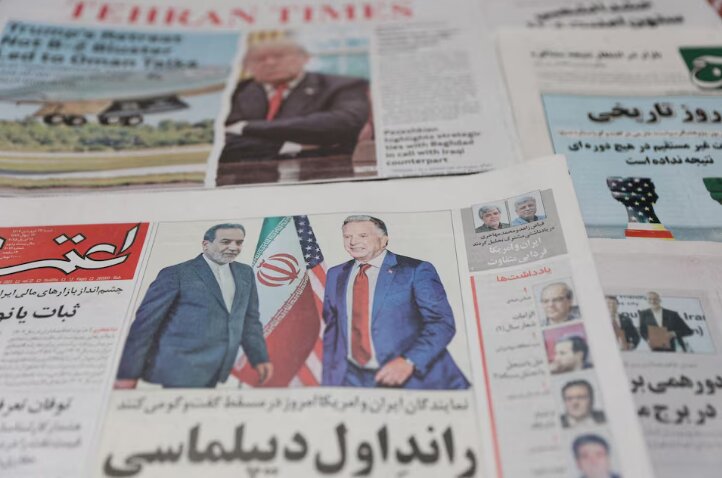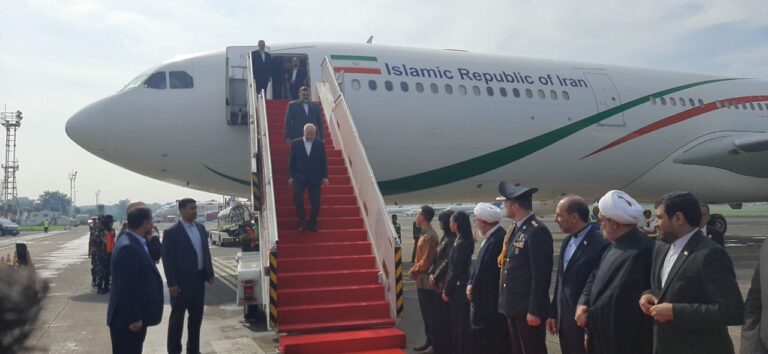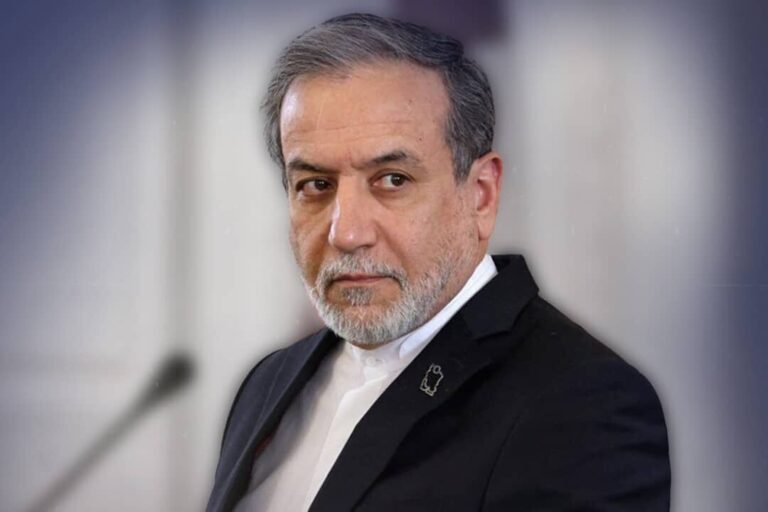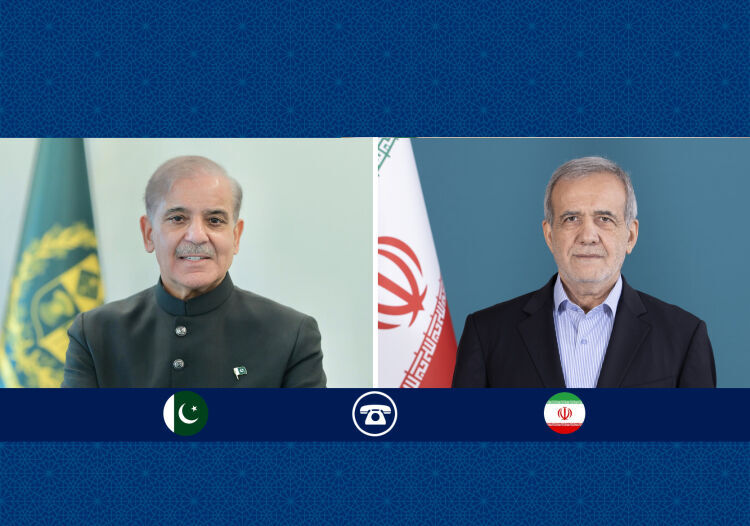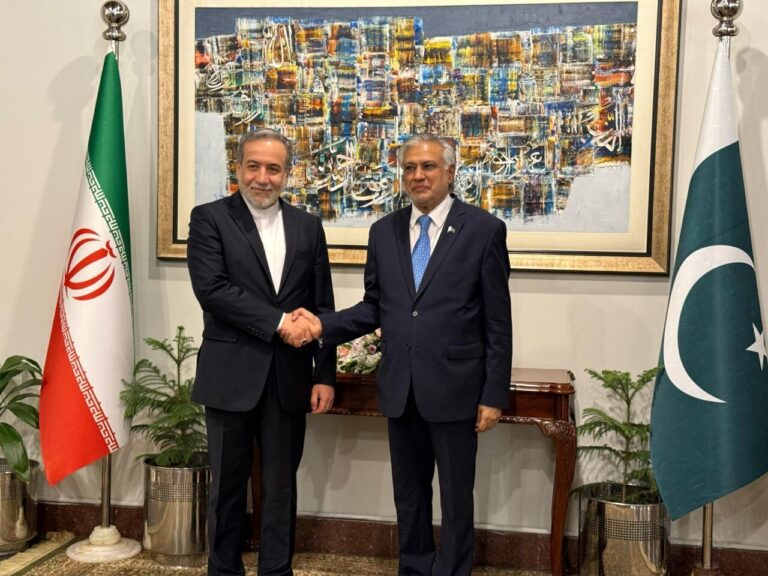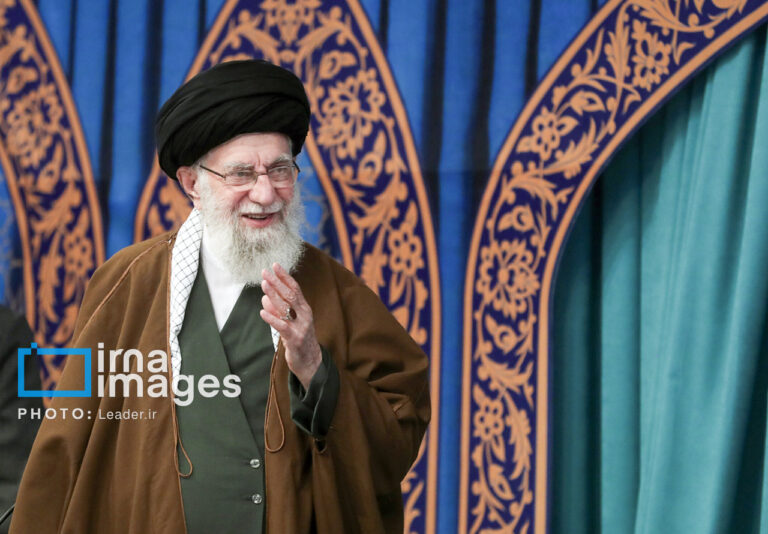Global Reactions to Iran-US Talks in Oman: What the World is Saying
On Saturday, Iranian and American delegations engaged in the first round of talks in Oman, mediated by the country’s foreign minister. This critical diplomatic exchange marks a significant step towards resolving long-standing tensions between the two nations.
During these talks, which were indirect as per Iran’s request, both delegations operated from separate rooms, communicating through Oman’s foreign minister instead of engaging in face-to-face discussions, as previously desired by former President Trump. Iranian Foreign Minister Abbas Araghchi provided insights into the meeting, stating that his delegation had a brief interaction with their US counterparts, led by Witkoff, after the formal talks concluded.
“After the end of more than 2-1/2 hours of indirect talks, the heads of the Iranian and American delegations spoke for a few minutes in the presence of the Omani foreign minister as they left the talks. It (the encounter) was based on our political etiquette,” Araghchi noted.
Araghchi characterized the atmosphere of the discussions as productive, calm, and positive. He further emphasized that both sides are eager to continue the dialogue, suggesting that further discussions could take place as early as the following Saturday. “Iran and the US side want an agreement in the short term. We do not want talks for (the sake of) talks,” he added.
American officials echoed these sentiments, with President Donald Trump describing the negotiations as going well. The constructive nature of the talks has garnered positive reactions from various regional governments.
- Jordan: The Foreign Ministry welcomed Oman’s hosting of the talks, expressing support for diplomatic efforts that aim to resolve disputes through dialogue and enhance regional and international peace and security.
- Egypt: The Egyptian foreign ministry praised the initiation of negotiations, commending Oman’s diplomatic role and highlighting that a political solution through dialogue is essential for reducing regional tensions.
- Bahrain: The Bahraini Ministry of Foreign Affairs expressed hope that the talks would contribute to regional and international peace and stability, reaffirming support for peaceful conflict resolution initiatives.
- Persian Gulf Cooperation Council (PGCC): Secretary-General Jassim Al Budaiwi welcomed the discussions, noting that Oman’s role reflects its commitment to promoting dialogue and security in the region.
- Iraq: Iraq’s foreign minister voiced support for the indirect talks, expressing hope for regional peace and stability.
- Kuwait: The Kuwaiti Foreign Ministry expressed optimism that the talks would enhance regional security and stability, commending Oman’s mediation efforts.
- Saudi Arabia: The Saudi Ministry of Foreign Affairs welcomed the talks and emphasized the importance of dialogue in resolving disputes.
- Qatar: The State of Qatar praised the discussions held in Muscat, endorsing a diplomatic approach to resolve outstanding issues between the two countries.
- Russia: Russian Permanent Representative Mikhail Ulyanov referred to the outcomes of the talks as “reassuring,” highlighting the positive feedback from both sides.
The international community is closely monitoring the developments from these talks, as they hold the potential to reshape diplomatic relations and contribute to regional stability. With continued dialogue, there is hope that both Iran and the US can navigate their differences towards a more peaceful coexistence.
As the next round of negotiations approaches, both nations appear committed to exploring avenues for a comprehensive agreement, reflecting a shared desire to move beyond historical animosities. The success of these talks could pave the way for enhanced cooperation and a more secure future in the region.
In conclusion, the ongoing dialogue between Iran and the United States, facilitated by Oman, underscores the importance of diplomacy in addressing complex geopolitical issues. As the world watches, the outcome of these negotiations will not only impact the two nations but could also influence broader regional dynamics.
